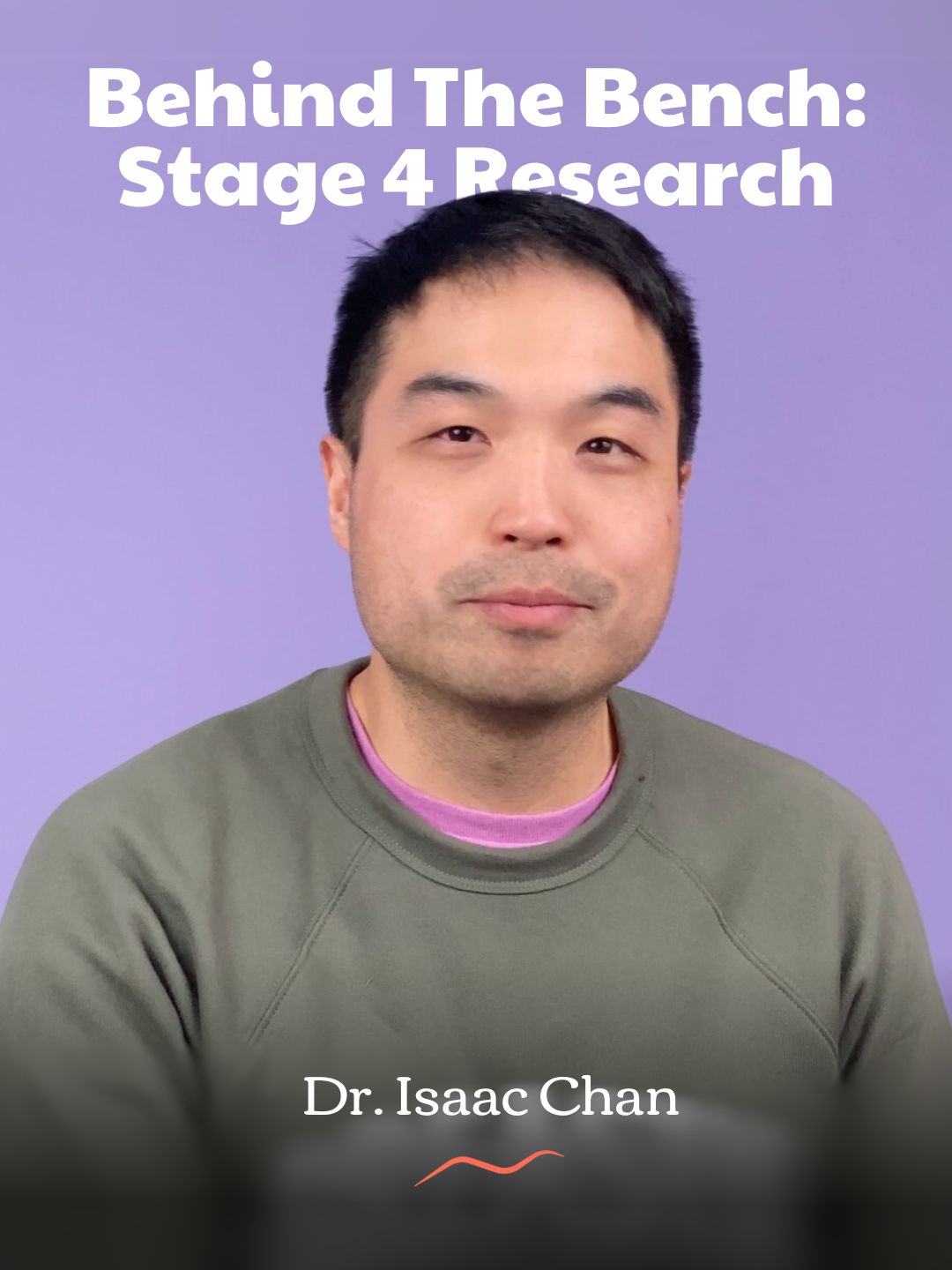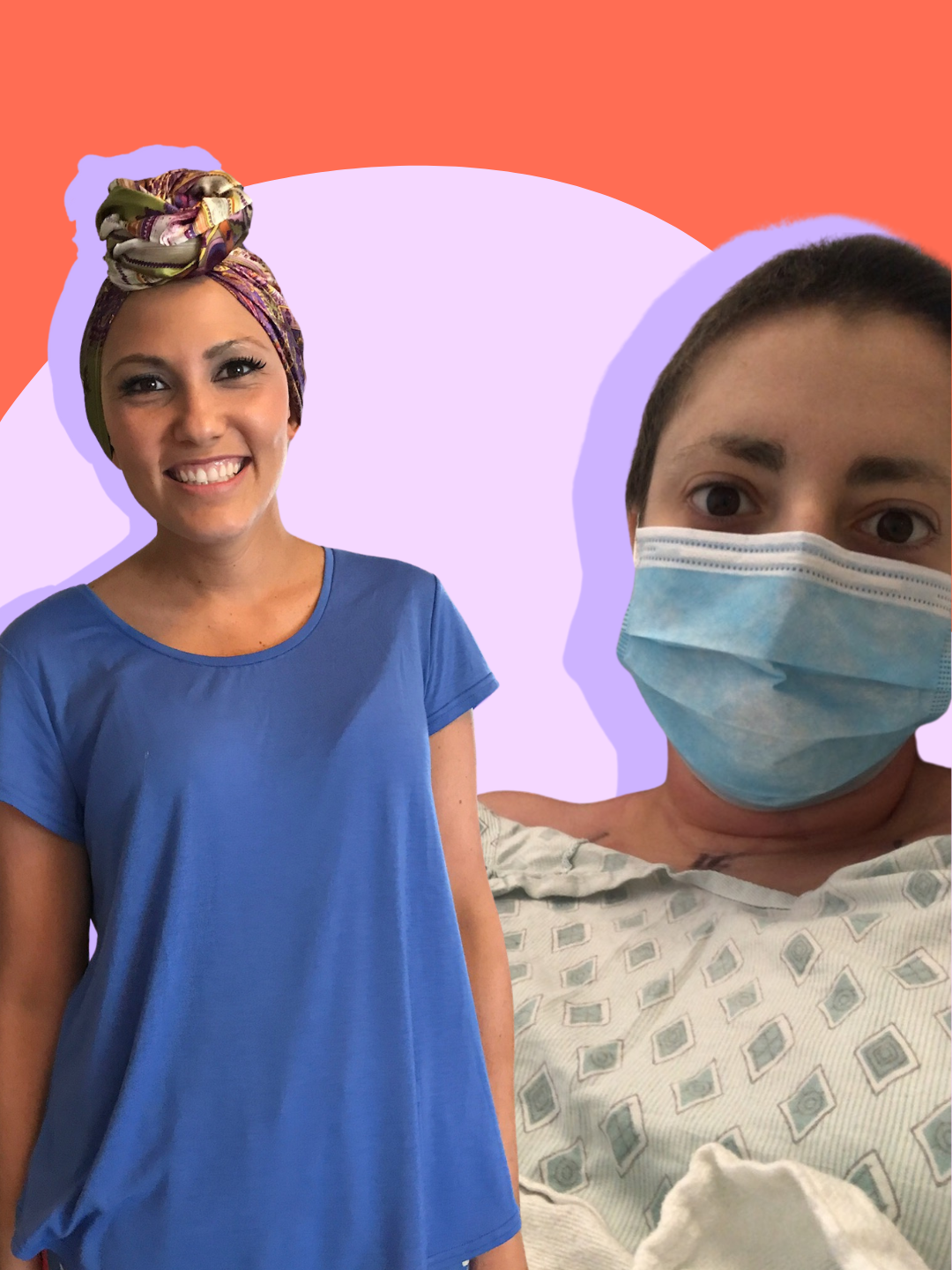How do breast cancer treatments make their way from the lab bench to the cancer centers and homes of patients?
It’s a complicated, winding path that takes many people—including patients themselves—to get there, explains Dr. Isaac Chan, an Assistant Professor in the Department of Internal Medicine at UT Southwestern and physician at the Harold C. Simmons Comprehensive Cancer Center.
Dr. Chan’s research lab aims to gain an understanding of how breast cancer cells spread and bypass one’s immune system with the goal of developing immunotherapies to treat and prevent metastatic cancer.
A centerpiece of the Chan Lab, importantly, is the inclusion of patient advocates who help advance their research by emphasizing the patient experience.
Dr. Chan spoke with The Peak about the exciting role immunotherapy can play in the treatment of metastatic breast cancer (MBC), how MBC research differs from that looking at early-stage disease, and why some are calling for the de-escalation of treatments.
This interview has been edited for clarity and length.
THE PEAK: What is immunotherapy?
Dr Isaac Chan: Immunotherapy is essentially any therapy that allows us to activate your immune system to treat and prevent disease.
One of the reasons why we're so excited about immunotherapy is because when people respond to current immunotherapies, they do really well. I have so many success stories of patients doing really well on immunotherapy and so we want to make that accessible to everyone.
Part of the research in my lab is trying to figure out who would respond to current immunotherapies and what are some new immunotherapies we can develop for people who don't respond currently.
TP: Why is immunotherapy especially important for those living with stage 4?
IC: I think at the crux of it, it gives people hope.
Some of the initial immunotherapy trials were [looking at stage 4 melanoma] which was so important because it was a death sentence—people had six months or less to live—and immunotherapy changed that completely. It turned it from an incurable disease to not a curable disease, but one that can be treated. That's why I think immunotherapy has really revolutionized the way we treat cancer in general as a field.
But if we know that this mode of therapy is so effective, we need to spend more effort trying to figure out who it will be most effective for.
TP: What are some of the differences between researching early stage and metastatic disease?
IC: One of the things that my lab is actively trying to do is study metastatic disease and metastatic biology because we know that it’s very different [compared to early-stage breast cancer].
A lot of metastatic research to date, especially on the human end, is inferred from early-stage breast cancer samples. What we're trying to do is change that a little bit and really study metastatic cancer at the site of metastasis [to see how it] is different for each organ site.
We're beginning to understand that when cancer arrives at each organ, it can act differently. How does the organ respond to that cancer? Whether it's the immune response, whether it's other responses, we just don't know.
I think that's really where this is so exciting for our lab to be a part of and leading that type of research. That's one of the big differences when we think about studying metastatic cancer.
TP: Talking about studies, can you walk us through the different phases of clinical trials?
IC: One thing that people should know is when they think about clinical trials, our medicine doesn't advance without the donation of patient’s time, bodies, and effort into this process. It's really a process that involves everyone, not just physicians or pharmaceutical companies or researchers.
But it's important to know what kind of trial you're getting into. Oftentimes when there's a new drug being tested, it's tested first in a phase one clinical trial. That's not where they are trying to find whether the drug is effective but it's really trying to find the right dose or what dose someone can tolerate and what side effects might happen. Those trials don't get launched unless there's some substantial evidence in the lab.
That kind of moves that effort into the creation of a drug. That's a very long process in itself.
And then there are phase two, which are smaller trials that try to demonstrate some efficacy [in patients].
Then phase three is really when companies, physicians, and researchers feel very confident that the phase two data shows that the drug is efficacious and they're willing to enroll many more people to try to show that effect can be sustained at the population-level.
TP: Can you tell us about the Right Dose initiative?
IC: Right now, the dose that you get is the most effective dose that was studied and so if you deviate from that, I think people feel in general there might be some sense of uncertainty on one end and then some fear that [it might be] the wrong dose.
The reality is a lot of times we just don't know because the trials set the dose and we're inferring the trial results onto an individual patient. The Right Dose initiative focuses on trying to help patients advocate for different doses that might be effective and to try to design trials that can explore that.
There's a big movement in our space, in the trial community, patient research community, around de-escalation and making sure that we really are thinking about the patient, their wellbeing, their goals of care, and quality of life as being a key component of their treatment as opposed to just giving this one dose to try to get the cancer as best we can and that's it.
I think there's a lot more room and space for nuance.







